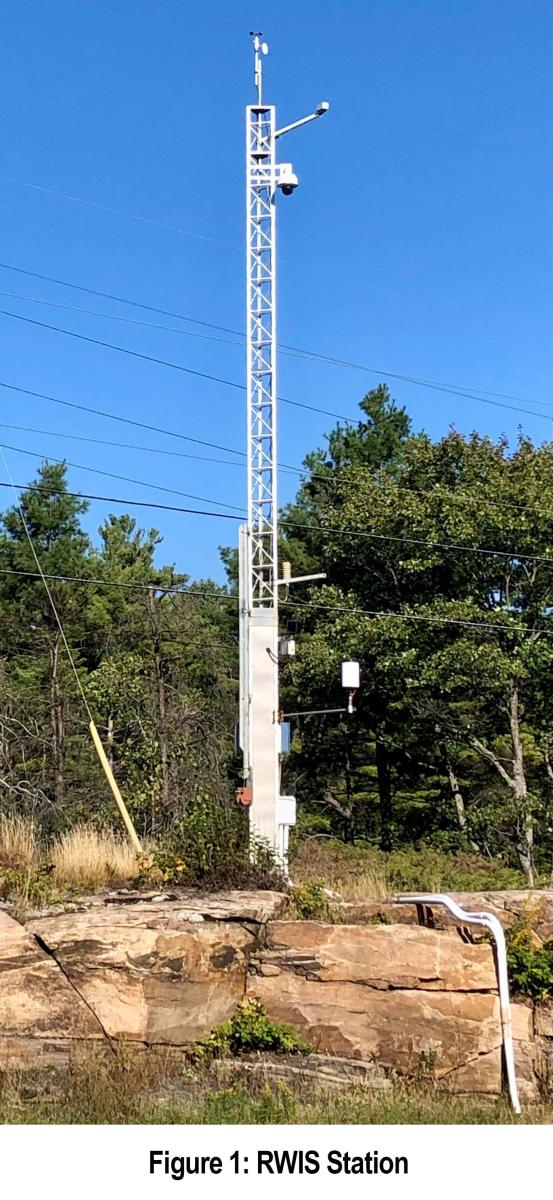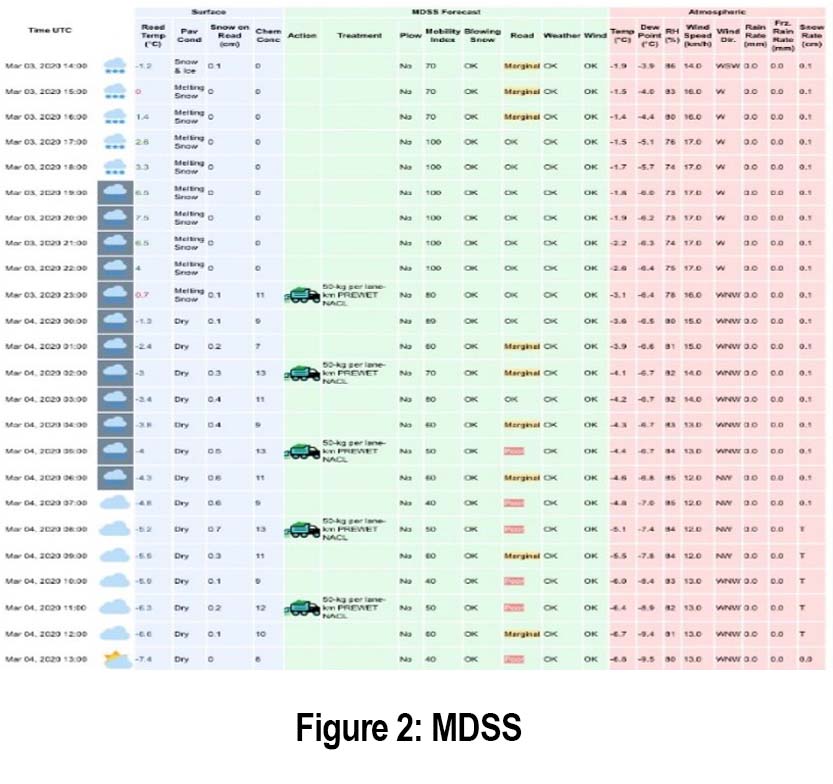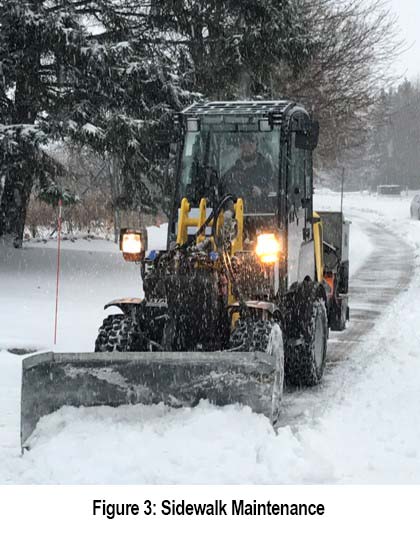There is significant public concern across Canada regarding the rising chloride levels in our environment and the impact on wildlife and public health. Salt is a significant contributor, and our salt consumption continues to grow as our population, urbanization, and networks expand. In addition, climate change is already warming Canada and increasing the number of freeze/thaw cycles resulting the need for more salt. Furthemore, COVID has increased public pressure for better winter maintenance standards on Active Transportation (AT) facilities including sidewalks, pathways, and cycling networks, which again increases the need for salt. The effective use of road salt and maintenance standards seek to optimze the balance between public safety, environmental protection, and cost.
 WSP has significant expertise in recently developing Salt Management Plans (SMP) for the Ontario Ministry of Transportation (MTO), the City of Saskatoon, and Metrolinx, as well as Winter Maintenance Quality Standards (WMQS) for the cities of Ottawa and Saskatoon. Road Weather Information Stations (RWIS) are a key element of SMP and WMQS as identified by Environment and Climate Change Canada (ECCC) and the Transportation Association of Canada (TAC). RWIS provides current and forecasted pavement temperatures and conditions enabling the application of the correct winter material, at the correct time, in the correct location, and at the correct application rate.
WSP has significant expertise in recently developing Salt Management Plans (SMP) for the Ontario Ministry of Transportation (MTO), the City of Saskatoon, and Metrolinx, as well as Winter Maintenance Quality Standards (WMQS) for the cities of Ottawa and Saskatoon. Road Weather Information Stations (RWIS) are a key element of SMP and WMQS as identified by Environment and Climate Change Canada (ECCC) and the Transportation Association of Canada (TAC). RWIS provides current and forecasted pavement temperatures and conditions enabling the application of the correct winter material, at the correct time, in the correct location, and at the correct application rate.
WSP has operated in the Weather Consulting industry for over 20 years, with extensive expertise in providing RWIS forecasting, meteorological consultation, reporting, web portal display, station operation, polling, and maintenance services. Its current RWIS clients span nearly 600 stations across Canada for transportation ministries, regions, cities, and states across North America.
 Maintenance Decision Support Systems (MDSS) takes RWIS to the next step by integrating the RWIS forecasts with operational standards and providing planning solutions to best combat upcoming winter storms effectively. WSP’s MDSS has demonstrated value in winter storm planning, reduced salt consumption, knowledge transfer and training. WSP provides MDSS to many RWIS road maintenance clients. Figure 1: MDSS shows the weather forecast, surface conditions, and recommended operations, including plowing, spreading, material type and quantity.
Maintenance Decision Support Systems (MDSS) takes RWIS to the next step by integrating the RWIS forecasts with operational standards and providing planning solutions to best combat upcoming winter storms effectively. WSP’s MDSS has demonstrated value in winter storm planning, reduced salt consumption, knowledge transfer and training. WSP provides MDSS to many RWIS road maintenance clients. Figure 1: MDSS shows the weather forecast, surface conditions, and recommended operations, including plowing, spreading, material type and quantity.
WSP has undertaken significant research and extrapolated the extensive road maintenance operational experiences into other industries. RWIS, Virtual RWIS (VRWIS), and MDSS services are now available for parking lots and sidewalks.
 WSP now offers SMP and WMQS to identify opportunities for operational efficiencies, cost savings, and investment priorities. In conjunction, WSP also offers the RWIS, VRWIS, and MDSS for roads, parking lots and sidewalk applications.
WSP now offers SMP and WMQS to identify opportunities for operational efficiencies, cost savings, and investment priorities. In conjunction, WSP also offers the RWIS, VRWIS, and MDSS for roads, parking lots and sidewalk applications.
Winter maintenance service providers need to optimize winter maintenance and salt management to:
WSP follows the ECCC Code of Practice, TAC’s Salt Management Guide, in conjunction with peer reviews and research to customize SMP and WMQS for each organization. WSP supports the implementation and operations of SMP and WMQS with RWIS, VRWIS, and MDSS for roads, parking lots and sidewalks.
Efficient use of salt to optimize safety while protecting the environment and infrastructure while maintaining fiscal responsibility.
WSP’s progressive work in SMP, WMQS, RWIS, and MDSS has led to a number of innovations significantly enhancing winter maintenance operations for roads, parking lots and sidewalks including:
WSP recommends creating/updating SMP and WMQS regularly to identify operational efficiencies and using RWIS, VRWIS, and MDSS for winter maintenance operations for clients including: